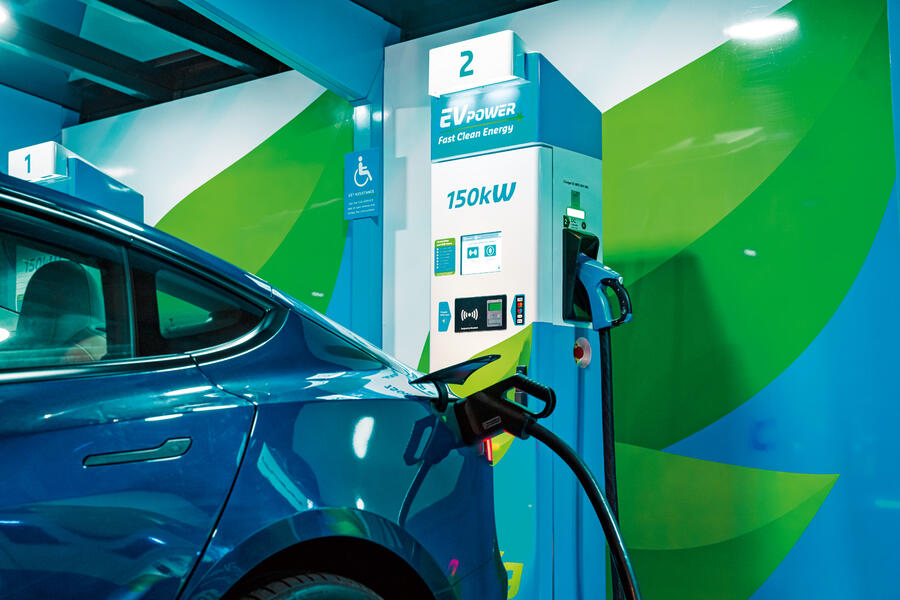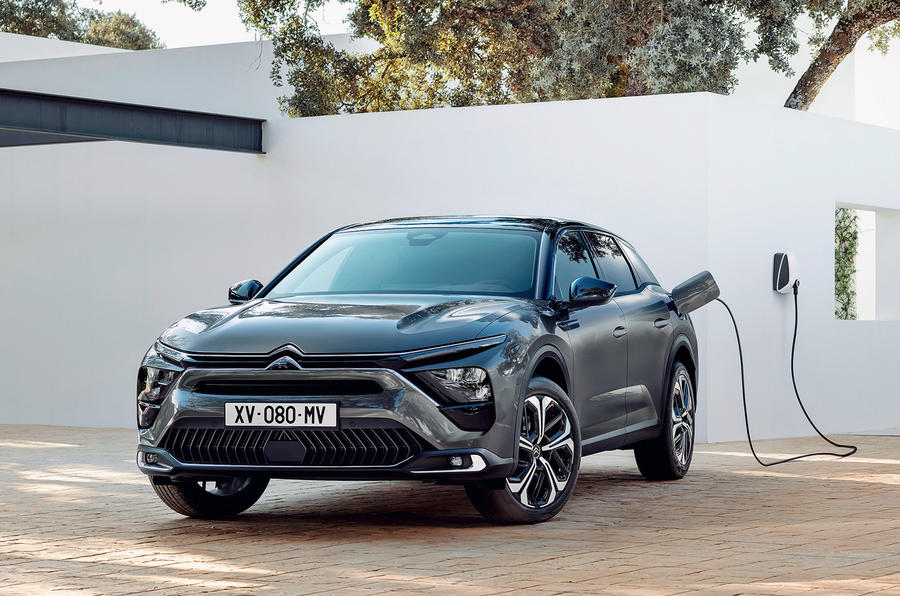They know, you know. The data. It’s all there.
If you buy a new plug-in hybrid Citroën C5 X, it will ping head office every now and again to grass you up about how often you’ve plugged in the car – or haven’t. It’s all anonymised, they say, and GDPR-compliant. But Citroën CEO Vincent Cobée explains: “We know, based on 200 million kilometres of results, the fuel economy and what we need to influence the number of people charging.”
Your Citroën PHEV will send you reminders if don’t plug it in regularly. “The less often you charge it, the more often you get a reminder,” Cobée says.
Now, the car knows to do this even without sending data to head office. But data referencing the car’s VIN can, say, be sent to a fleet manager, who can deanonymise it and remind its driver in person to plug it in when they get home.
It’s my understanding that basically all new electrified vehicles are hooked up to the internet in this manner, and they all know precisely how much electricity has been put into them.
Which makes me wonder. As internal combustion dies out, something has to replace the billions in annual revenue that Fuel Duty on petrol and diesel gives the Treasury. One option is to tax people on where and when you drive – road pricing, as our MPs seem persuaded to be considering.
















Join the debate
Add your comment
10,000 miles still wears out more road than 7,000.
What does it matter how much electricity I put in my car? It does not pollute like petrol or diesel.
Charging for the electricity makes no sense. My supply is all green, and I have solar panels. If I charge at night that also makes sense for the grid. Why should I pay the same as someone who charges at peak hours?
If I used my car as a store of electricity and allowed the grid to take that at peak times, how are you going to cope with that?
Electrity already has a green tax within its cost to pay for development of green technology.
The roads are needed for travel. More travel wears them out more. Heavy vehicles should pay more. More miles driven should cost more. Then you get the social and political desires to reduce congestion which could add location or time-of-use surcharges. Speeding and driving too close lead to more accidents and police costs - perhaps we could charge for them? Should insurance pay for the NHS, fire and police costs of accidents?
There was a justification for using road tax as partly general taxation, because of the costs associated with ICE pollution for the NHS. That no longer applies.
In the end we probably need higher income tax.
We already having Traffic calming, 20, 40 mph zones, roads which at one time you could do 60mph, small Towns and Villages have chicanes and more pedestrian activated crossings,driving anywhere is getting to be a real chore , I like driving, not stupidly fast but not slow either, paying for your mileage would suit me because I'm way below what's called average mileage I believe (8,000miles?) and at the moment with covid I'm only putting fuel in my car about every ten weeks or so, buts the people who travel every Day and some do a lot more, it's a lot of money, a lot of money out of their income, the Tax shortfall is going to get bigger, and hopefully as EV moves on in the future,running it will get cheaper, they'll charge faster maybe like when you filled an ICE powered Car, as for snooping at where and when and how long we use our EV, I've no problem with that, if you've nothing to hide, get caught speeding with this data?, your fault , you were speeding, maybe it'll make you a better driver.